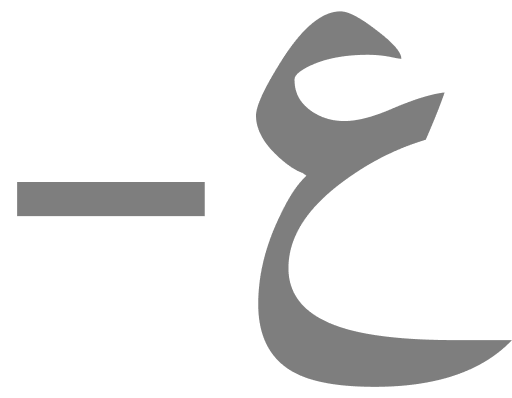Is there a sane war?!


Wars were never rational; But there are rational people who lead wars based on policies and goals, but war for the sake of war is merely material exhaustion, human exhaustion, political loss, and social rift. Wars have serious repercussions, and sometimes they result in results that are considered positive. Let us remember that the construction of international laws, family laws, the limits of the definition of war, and the distinction between legitimate war and unjust war came after humanity’s devastating, bloody experiences. For example, the international turning point towards solidarity in order to reduce… The causes of the war and the primacy of theories of negotiation and understanding over conflict came after the Westphalia Agreement.
Henry Kissinger, US Secretary of State and US National Security Advisor under the governments of Presidents Richard Nixon and Gerald Ford, describes that era: “In its early practice, the Peace of Westphalia relied on a Hobbesian world (named after the philosopher Thomas Hobbes). How was it possible to calibrate this new balance of power?
It is necessary to distinguish between the balance of power as a reality and the balance of power as a system. Any international system – to be worthy of the name – must, sooner or later, reach a parity, otherwise it will remain in a state of protracted war.”
Kissinger adds: “The English philosopher Thomas Hobbes, in his book Leviathan, published in 1651, three years after the Peace of Westphalia, provided such a theory. Imagine a “normal state” in the past, when the absence of authority resulted in a kind of “war of all against all.” To escape such unbearable insecurity, people, according to Hobbes’ theory, gave up their rights to a political authority in exchange for the latter providing security for all those within the borders of the state.
The sovereign state's monopoly on power was established as the only way to overcome the eternal fear of violent death and war. Thomas Hobbes considered the transition towards the state to require war on the “state of nature,” where man is a wolf against his fellow man. He took a lesson from the English Civil War, which he lived through day by day and which influenced him and his theory of the “social contract” and his philosophy about the state.
There is a difference between wars controlled by purely political rules of engagement, and these are led by rational people, as in the war to liberate Kuwait. It was a rational war that avoided Iraqi civilians, and the coalition dealt with the prisoners with great humanity, and did not target service and vital institutions for the Iraqi people. This war was stopped as soon as the goals were achieved, but the disaster When wars break out on “ideological” or “ethnic” grounds, or for historical and geographical reasons, then reason disappears, instinct takes over, and madness spreads, as Hitler did.
Conclusion; Wars have a history similar to building states. Political, military, and cultural conflicts are part of the international conflict and on its basis history was formed, as in an important narration by the writer Chris Menkab in his book: “A Brief History of Wars.” We must remember that negotiation and the will to achieve peace are part of the policy of war and its management with wisdom and patience. *Saudi writer
#sane #war

